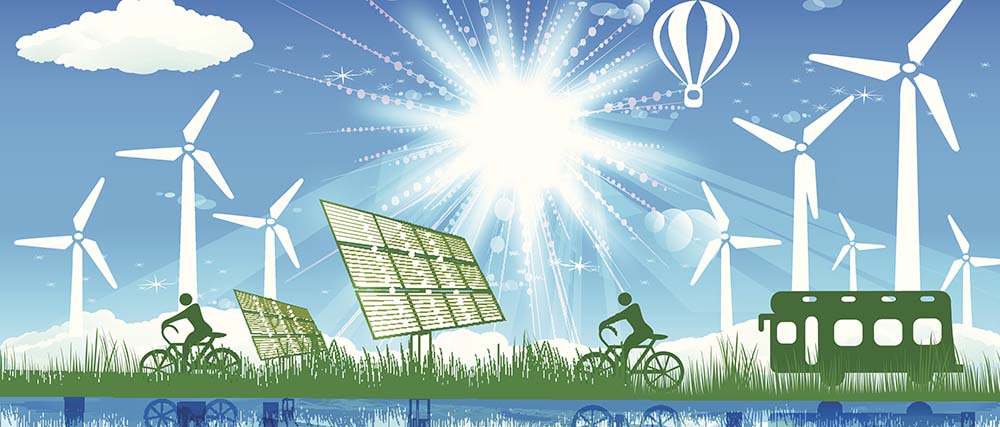Wood Mackenzie, a global leader in data and analytics, has issued a stark warning in its latest report: soaring interest rates are severely impacting the global shift towards renewable energy. The report, “Conflicts of Interest: The Cost of Investing in the Energy Transition in a High Interest-Rate Era,” delves into the economic challenges faced by the energy sector as it navigates the path to a net-zero future.
Peter Martin, Wood Mackenzie’s Head of Economics and the report’s lead author, outlined the critical challenges. “Interest rates, which have risen sharply in the past two years, may not come down as far or as quickly as markets anticipate,” he stated. This spike in borrowing costs is reshaping the economics of energy projects, particularly those aiming to reduce carbon emissions.
The analysis points out that renewables and nuclear energy, being capital-intensive but offering lower returns, are particularly vulnerable. A 2-percentage point increase in the risk-free interest rate in the United States, for example, significantly elevates the levelized cost of electricity for renewables, undermining their competitiveness against traditional hydrocarbon sources.
Conversely, sectors like metals, mining, and oil and gas, typically less leveraged, are not as affected by these higher rates, the report adds.
Martin further explained the disproportionate effect on renewable energy sectors. “While power and renewables companies have higher gearing, their historically cheaper debt costs make them more susceptible to interest rate fluctuations,” he said. These conditions could worsen with ongoing rate hikes, increasing the cost of debt considerably more than in less vulnerable sectors like oil and gas and mining.
Emerging technologies essential for the energy transition, such as low-carbon hydrogen, carbon capture, utilization, and storage (CCUS), and direct air capture (DAC), also face significant challenges. These technologies require substantial capital, and without adequate economic incentives, which are further strained by rising rates, their development could stall.
Martin highlighted the financial barriers hindering progress in these critical areas. “The lack of economic incentives to capture carbon and the lack of a market for hydrogen are significant obstacles to investment in these sectors, but for projects that do progress, higher interest rates hurt the economics,” he remarked.
Given these daunting challenges, Wood Mackenzie estimates that a staggering US$75 trillion investment is necessary by 2050 to achieve a net-zero global economy. The firm recommends that policymakers focus on maximizing subsidy efficiency, enhancing carbon markets, and mobilizing green finance to counter these headwinds.













